The tech industry is evolving at an unprecedented pace, and with it, the expectations from software engineers are also shifting. As highlighted by Stack Overflow, more than 70% of developers look for career growth opportunities beyond coding, making it clear that advancement goes beyond technical skills.
But when climbing the ladder, a common question arises: What truly separates a staff engineer from a senior engineer?
Both staff and senior engineers hold important positions within an organization, yet their day-to-day challenges, required skills, and long-term growth trajectories differ significantly. Understanding these differences is key to making informed career choices rather than moving blindly toward the next job title.
Career progression in software engineering matters because it shapes not only salary and job security but also influence, learning opportunities, and long-term professional fulfillment. Without a clear growth path, engineers risk stagnation, missing chances to lead impactful projects, mentor others, and expand their technical or strategic horizons.
In this blog, we will explore the concepts, skills, challenges, and growth opportunities that distinguish staff engineers and senior engineers.
Who is a Staff Engineer?
A staff engineer is a senior-level individual contributor who combines deep technical expertise with leadership responsibilities, and the average salary ranges from $140,000 to $220,000 per year, depending on experience and location.
Unlike managers, staff engineers focus on driving technical direction, solving complex engineering challenges, and mentoring other developers, rather than on people management.
They are often seen as the bridge between hands-on coding and strategic planning, ensuring that projects align with both technical requirements and business goals. In many organizations, a staff engineer’s role represents the first step beyond senior-level execution into broader technical influence. Their role often intersects with cloud cost optimization strategies to ensure long-term efficiency.
Table of Contents
What are the Staff Engineer’s Roles and Responsibilities?
The roles and responsibilities of a staff engineer go beyond writing code. Their focus is on guiding technical excellence across teams while still contributing to high-impact projects.
The Common Key Responsibilities Include:
-
- Technical Leadership: Define the technical direction for projects, make architectural decisions, and ensure high-quality implementation.
- Mentorship: Support junior and mid-level engineers by providing guidance, conducting code reviews, and sharing best practices.
- Problem-Solving: Tackling ambiguous, high-risk problems, such as optimizing microservices on the cloud.
- Cross-Team Collaboration: Work with product managers, designers, and other engineering teams to align technical work with organizational priorities.
- Process Improvement: Document technical specifications, streamline workflows, and introduce practices that enhance efficiency and reliability.
- Strategic Contribution: Balance day-to-day technical execution with long-term planning to ensure systems scale and remain maintainable.
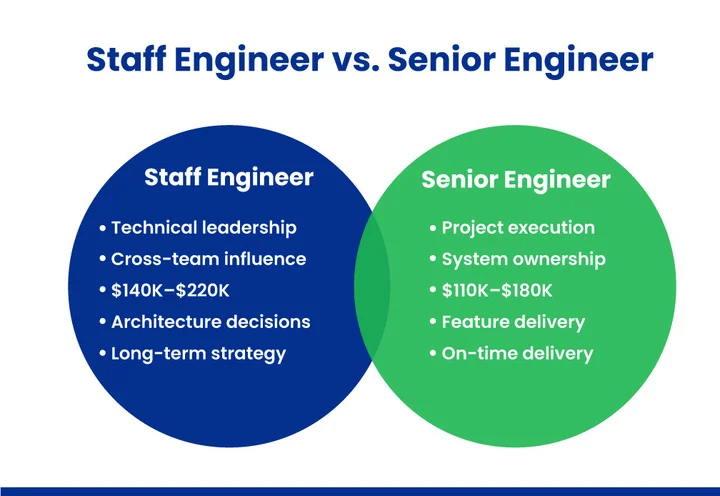
Who is a Senior Engineer?
A senior engineer is a highly skilled individual contributor who owns critical systems, features, or components within an organization and typically earns between $110,000 and $180,000 per year, depending on experience and location. They are recognized for their technical depth, problem-solving ability, and capacity to deliver reliable solutions on time.
Unlike staff engineers, senior engineers are more focused on direct project execution, client requirements, and ensuring systems work efficiently at scale. For companies looking to strengthen their teams with experienced senior engineers, it provides access to top-tier talent ready to contribute immediately.
Their role bridges strong coding expertise with the ability to design, plan, and oversee complex engineering tasks. Now take a look at their roles and responsibilities.
What are the Senior Engineer’s Roles and Responsibilities?
The responsibilities of a senior engineer center on ownership and execution. They not only write code but also shape the architecture and technical vision of the features they lead. Typical responsibilities include:
-
- System Ownership: Take end-to-end responsibility for key features, services, or systems.
- Project Execution: Lead design plans, ensure requirements are met, and deliver projects within deadlines and budgets.
- Technical Decision-Making: Evaluate trade-offs, select appropriate technologies, and ensure alignment with organizational goals.
- Team Guidance: Providing direction to other engineers and maintaining high code quality through the DevOps lifecycle.
- Stakeholder Collaboration: Liaise with clients, product managers, and leadership teams to ensure technical outcomes meet business needs.
- Strategic Contribution: Focus on scaling systems, anticipating technical challenges, and preparing for long-term product growth.
Want to Maximize Your Engineering Impact?
Which Technical and Soft Skills Define Staff and Senior Engineers?
Technical and soft skills are what distinguish staff engineers and senior engineers. Staff engineers concentrate on leadership and mentorship, while senior engineers focus on ownership, delivery, and collaboration with stakeholders.
Understanding these differences highlights how each role shapes projects and drives organizational success. To see how these differences play out in practice, let’s break down the specific technical and soft skills required for staff engineers and senior engineers.
Which Staff Engineer’s Technical & Soft Skills Matter?
Staff engineers blend technical depth with leadership abilities. While they may not directly manage people, their role is about setting direction, solving complex challenges, and helping teams grow. Their skill set usually includes:
Technical Skills Soft Skills Designing scalable architectures. Mentoring junior engineers. Leading complex, high-risk projects. Clear communication across teams. Setting coding standards and reviewing code. Influencing outcomes through trust. Driving automation and performance monitoring. Guiding the team while contributing individually. Which Senior Engineer’s Technical & Soft Skills Matter?
Senior engineers are recognized as subject-matter experts who take ownership of core systems or features. They ensure technical work aligns with business goals and projects are delivered successfully. Their skills include:
Technical Skills Soft Skills Owning major systems or features from design to delivery. Collaborating with stakeholders and clients to align expectations. Optimizing performance, scalability, and maintainability of solutions. Leading teams to ensure timely, high-quality delivery. Leading design reviews and ensuring solutions meet business requirements. Facilitating collaboration across cross-functional teams. Handling project planning, risk assessment, and technical trade-offs. Providing mentorship and supporting long-term team growth. What are the Challenges Staff Engineers and Senior Engineers Commonly Face?
Every engineering role brings its own set of hurdles, but the nature of challenges shifts as responsibilities grow. Staff engineers often grapple with influencing outcomes without formal authority, while senior engineers deal with the pressure of owning critical systems and ensuring delivery against deadlines.
Both roles demand resilience, adaptability, and the ability to balance technical depth with collaboration. To make this clearer, let’s discuss each of their challenges:
Which Issues Do Staff Engineers Frequently Face?
Staff engineers operate at a level where they must influence technical direction without having formal authority. This creates unique challenges that test their leadership and problem-solving skills.
- Driving alignment across multiple teams without managerial power
- Tackling high-level, ambiguous, or undefined technical problems
- Balancing time between coding, mentorship, and architecture reviews
- Building trust and credibility across senior peers and stakeholders
- Ensuring long-term technical vision while supporting short-term goals
What Are The Problems That Senior Engineers Typically Deal With?
Senior engineers carry responsibility for delivering complex projects on time and with quality. Their challenges often revolve around balancing ownership, execution, and collaboration with business needs.
- Owning mission-critical systems with high accountability
- Managing expectations of stakeholders and product managers
- Addressing technical debt while pushing new features forward
- Ensuring delivery under strict deadlines without compromising quality
- Collaborating effectively with cross-functional teams under pressure
Which Growth Opportunities Distinguish Staff Engineers from Senior Engineers?
Both staff and senior engineers are essential to a tech team’s success, but their career growth paths differ in scope and impact. Senior engineers often focus on mastering technical skills, leading projects, and mentoring team members.
Staff engineers, on the other hand, typically take on broader responsibilities, influencing multiple teams, setting technical standards, and driving high-impact initiatives.The table below highlights the key growth opportunities for each role:
Growth Opportunities Staff Engineers Senior Engineers Technical Leadership Lead complex architectures and large-scale projects across teams. Take ownership of important projects within their team. Cross-Team Influence Set best practices, mentor engineers in multiple teams, and shape engineering culture. Guide junior engineers and support team-level processes. Strategic Impact Drive initiatives that influence product direction and long-term roadmap. Ensure the successful delivery of critical projects and contribute to the team's strategy. Thought Leadership Represent the company externally (conferences, blogs, open-source contributions). Share knowledge internally and develop expertise in specific technologies. Career Progression Prepare for higher-level roles like Principal or Distinguished Engineer. Build a foundation to advance into staff engineer or engineering management roles. Final Thoughts
In the end, a clear understanding of staff and senior engineer roles empowers individual contributors to make intentional career choices while strengthening the quality of software development services.
Senior engineers focus on owning critical systems, executing projects efficiently, and mentoring their teams to maintain high standards.
Staff engineers, on the other hand, drive technical strategy, tackle complex challenges, and influence multiple teams to create long-term organizational impact. The focus on the distinct responsibilities and skills of each role allows engineers to identify the path that aligns with their strengths and career goals.
In essence, engineers can confidently advance into leadership roles, take on more impactful projects, and produce quantifiable results by mastering the technical and soft skills necessary for their position.
Therefore, recognizing these differences and structuring teams around clear roles, growth opportunities, and technical influence drives innovation, collaboration, and long-term success.
Frequently Asked Questions (FAQs)
2. Does a Senior Engineer Make More Money than a Staff Engineer?
Yes, a staff engineer is generally paid more than a senior engineer. Staff engineers typically earn between $140,000 and $220,000 per year, reflecting their broader technical influence and strategic responsibilities. Senior engineers usually earn between $110,000 and $180,000 per year, based on experience, location, and skills.
3. Is a Staff Engineer Considered a Higher Role than a Senior Engineer?
A staff engineer is generally considered a level above a senior engineer in terms of technical influence and strategic responsibilities, though both are senior individual contributor roles.
Want to Boost Your Team’s Performance with Senior Engineering Talent?
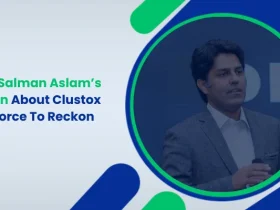


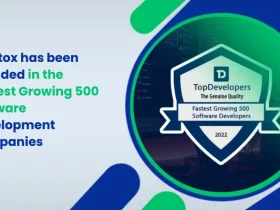
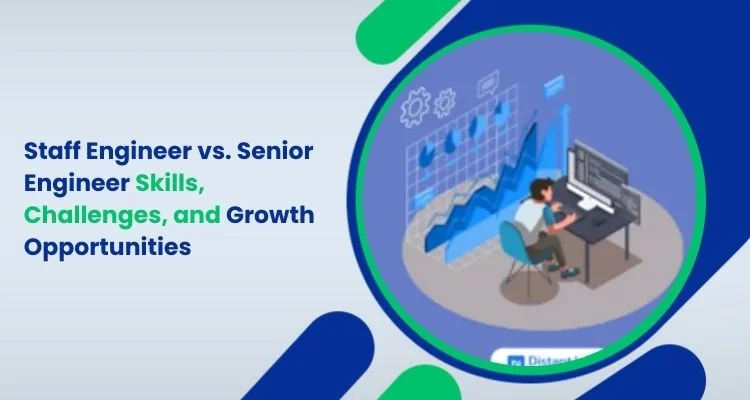
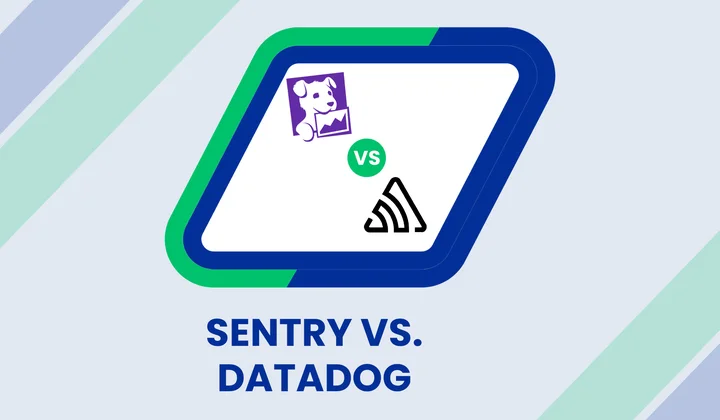

Share your thoughts about this blog!